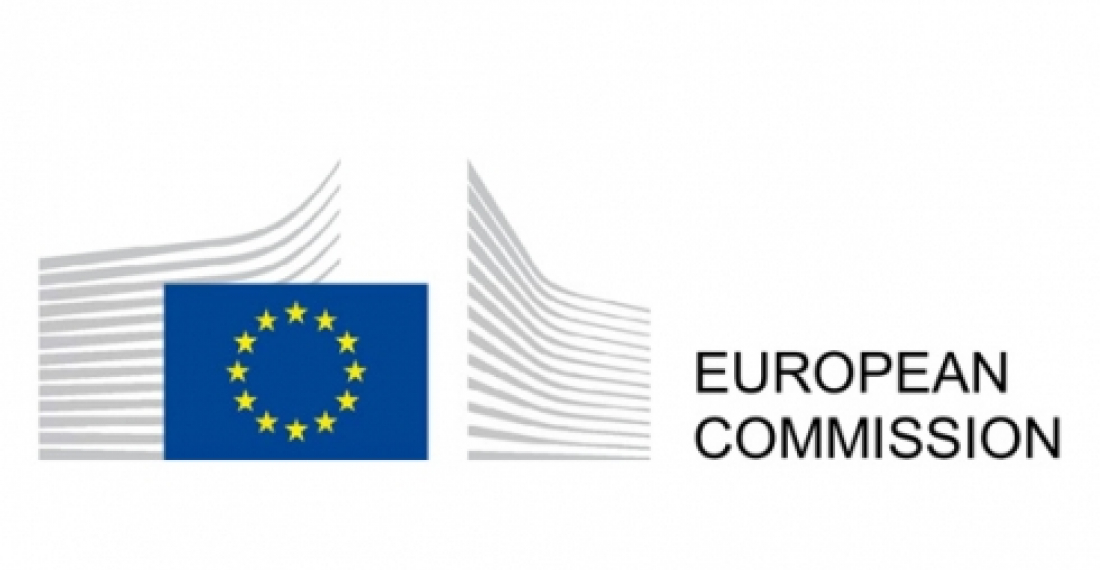The European Commission said up to EUR 3 million will be made available to help provide durable housing solution following the damage caused by the deadly flood in Tbilisi.
The European Commission is also providing EUR 400,000 in humanitarian funding to assist the most affected families. This funding will support the Georgian Red Cross and NGOs in delivering relief, including food, household items such as blankets and cooking kits, water, sanitation and hygiene and medical support, the European Commission said on June 16.
"The European Union stands with the people of Georgia and is ready to help families in Tbilisi rebuild their houses and start a new life. This contribution is an expression of our solidarity with those affected by the disaster," Johannes Hahn, Commissioner for European Neighbourhood Policy and Enlargement Negotiations, said.
source: civil.ge







